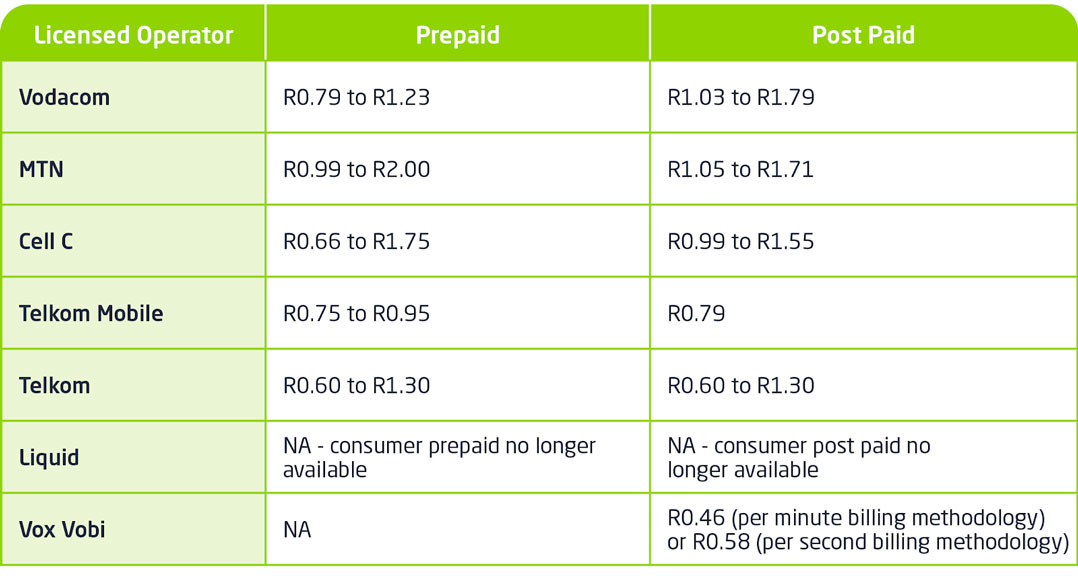
From a practical perspective, the Covid-19 lockdown has highlighted the importance of adopting a cloud-first mindset when it comes to business operations. Nowhere is this more evident than with the PBX of an organisation, its most fundamental customer engagement platform.
With employees having to work from home until the end of April, the on-premise PBX becomes a wasted resource. Businesses with advanced, expensive, on-premise PBXes may potentially have the opportunity to implement some sort of mobile calling application for their users – but this may involve purchasing licenses or upgrading their PBX to cater for this new function.
So, unless the business has loaded a recorded message directing customers to a mobile number, the office number becomes null and void. Furthermore, whoever is responsible for fielding calls on that number will have to redirect customers again to phone the relevant employee on their mobile phones.
Not only is this a time-consuming and frustrating process for a customer, but an expensive one as well. Instead of phoning once, they need to make three separate calls. Additionally, if the employee needs to phone customers, they are reliant on using their personal devices and claiming those funds back from the company once the lockdown ends. Unfortunately, given the high cost of mobile voice and data, this will inevitably result in bill shock for both the employee and the business owner.
Furthermore, during lockdown, if there is a problem on the PBX, technicians are limited and if any hardware or software is required, you may be paying through the roof for imported parts that are affected by the volatile rate of exchange. All of this can be avoided by using a PBX in the cloud.
Managed from anywhere
For one, a cloud-based PBX can be managed from anywhere in the world. This means that if there is a problem, the service provider can easily fix it with minimal impact on the company’s business. It becomes as easy as logging a support ticket and carrying on as normal.
The past few weeks have driven home the importance of going the cloud route. If a company is to maintain operations, it needs to use solutions that are more dynamic than what an on-premise system can deliver. This also means that expensive software updates or system upgrades are a thing of the past.
Take a call centre as an example. Using a cloud-based offering means agents can remain fully operational during the next several weeks. Not only does a voice app give them the ability to separate business calls from personal ones, but a cloud environment means their laptops provide them with the same dashboard they would ordinarily have when sitting at the call centre.
Of course, the biggest issue around this will remain having reliable (and affordable) connectivity. This is where fibre access becomes instrumental. Mobile voice and data must always be a last resort given its cost, high contention rates and quality.
Those businesses still reliant on on-premise PBX offerings might have valid reasons for doing so. It might be that they are in an area where it is not possible to have fibre, they might be coming to the end of their existing PBX contracts, or they might just be sweating off some old infrastructure and assets.
Urgency
For those companies, there is an urgency around migrating at least some components to a cloud environment. The lockdown can even provide them with the opportune time to experiment with what a cloud-based PBX entails. This could be through a softphone app such as Vox Vobi. This sees on-premise PBX calls get forwarded to employees at home. The app provides a secure and effective way to receive and make business calls during the lockdown at a fraction of the cost of more traditional cellphone calls.
See the table below for the current consumer call rates across the various networks in the country. Pricing is VAT inclusive and shown per minute:
 It is all about thinking differently and identifying innovative ways of leveraging technology to empower employees to remain productive. Initially, a hybrid approach could assuage any concerns decision-makers might have about fully embracing the cloud. But if the past several weeks has shown us anything, then it is the need to move away from a “business as usual” approach into one more reflective of the digital age.
It is all about thinking differently and identifying innovative ways of leveraging technology to empower employees to remain productive. Initially, a hybrid approach could assuage any concerns decision-makers might have about fully embracing the cloud. But if the past several weeks has shown us anything, then it is the need to move away from a “business as usual” approach into one more reflective of the digital age.
- Natalie van der Merwe is senior product manager for PBX at Vox
- This promoted content was paid for by the party concerned

